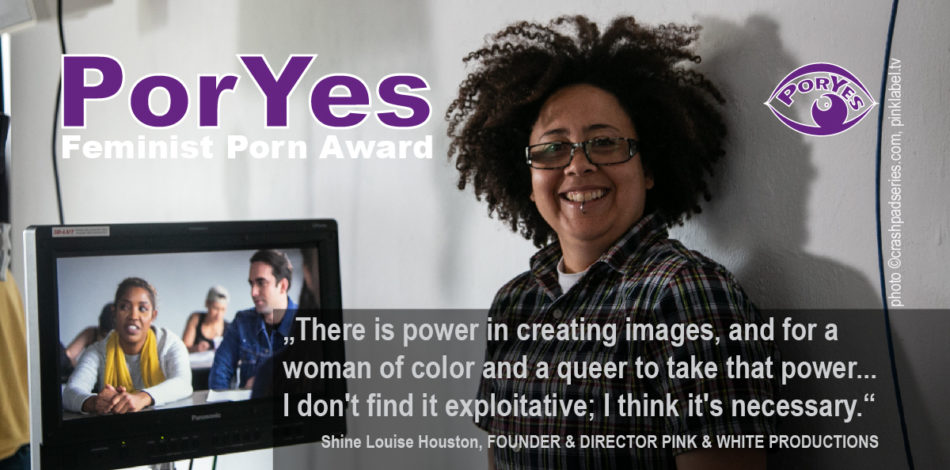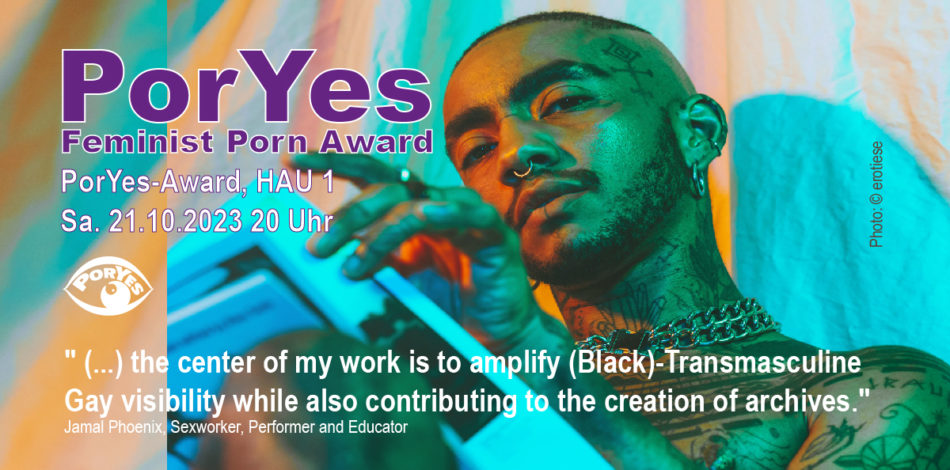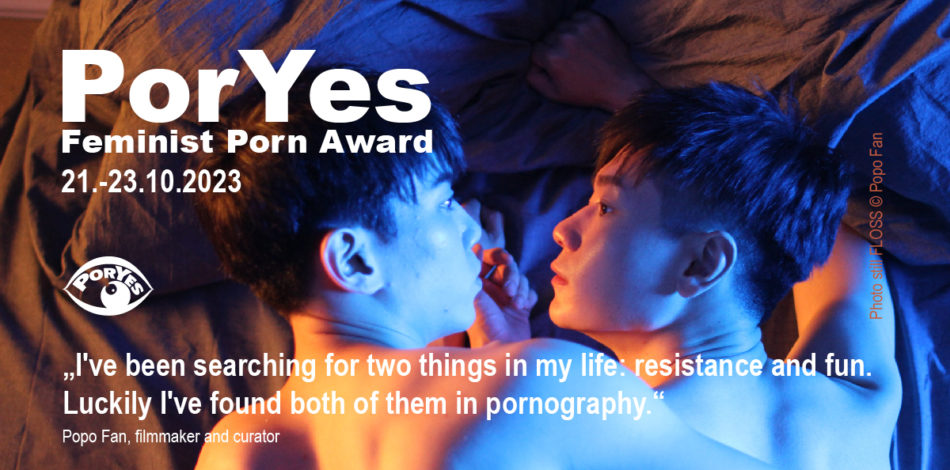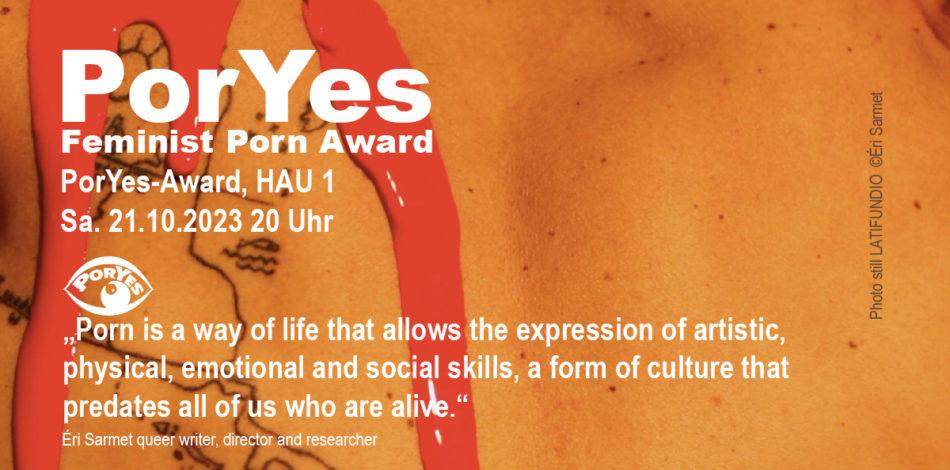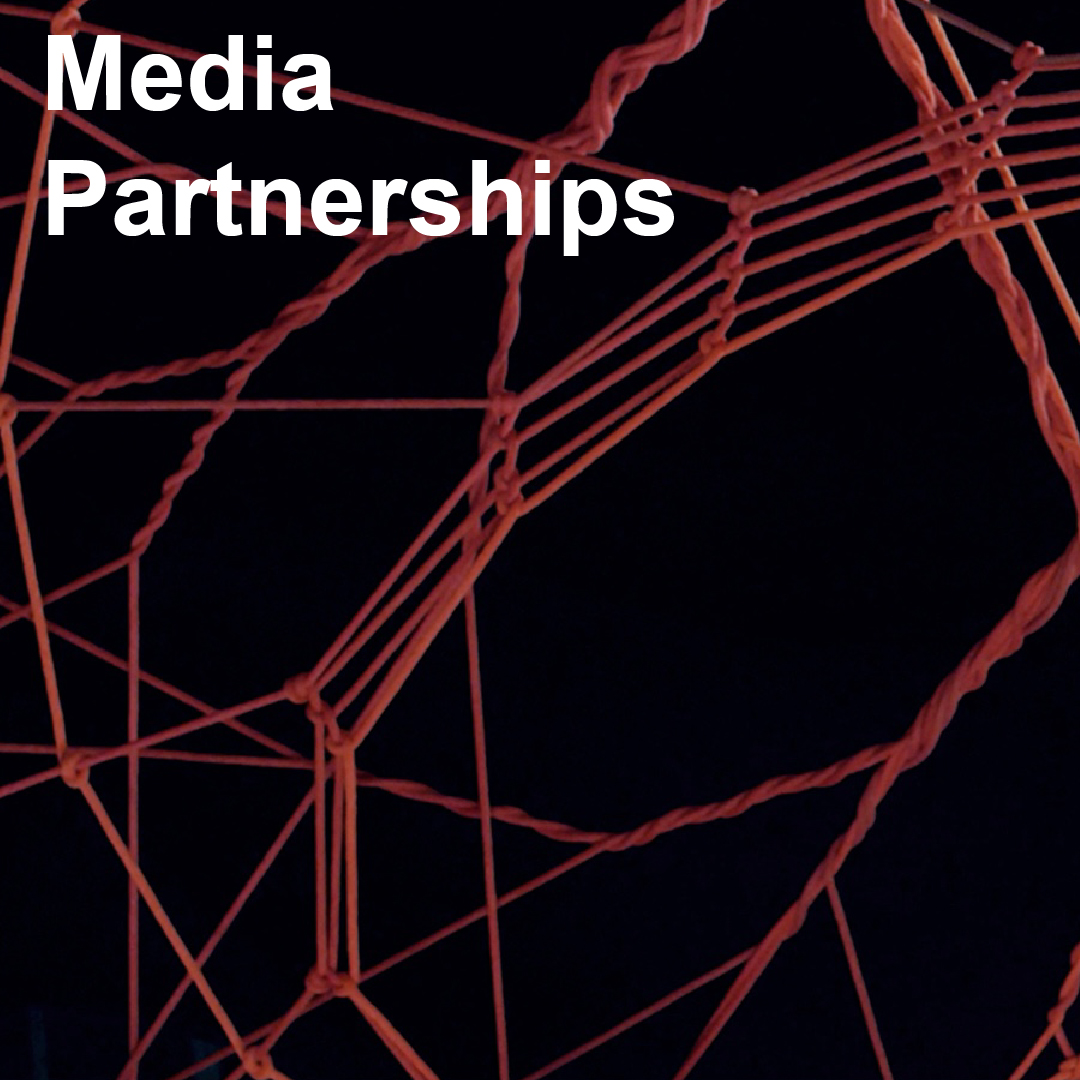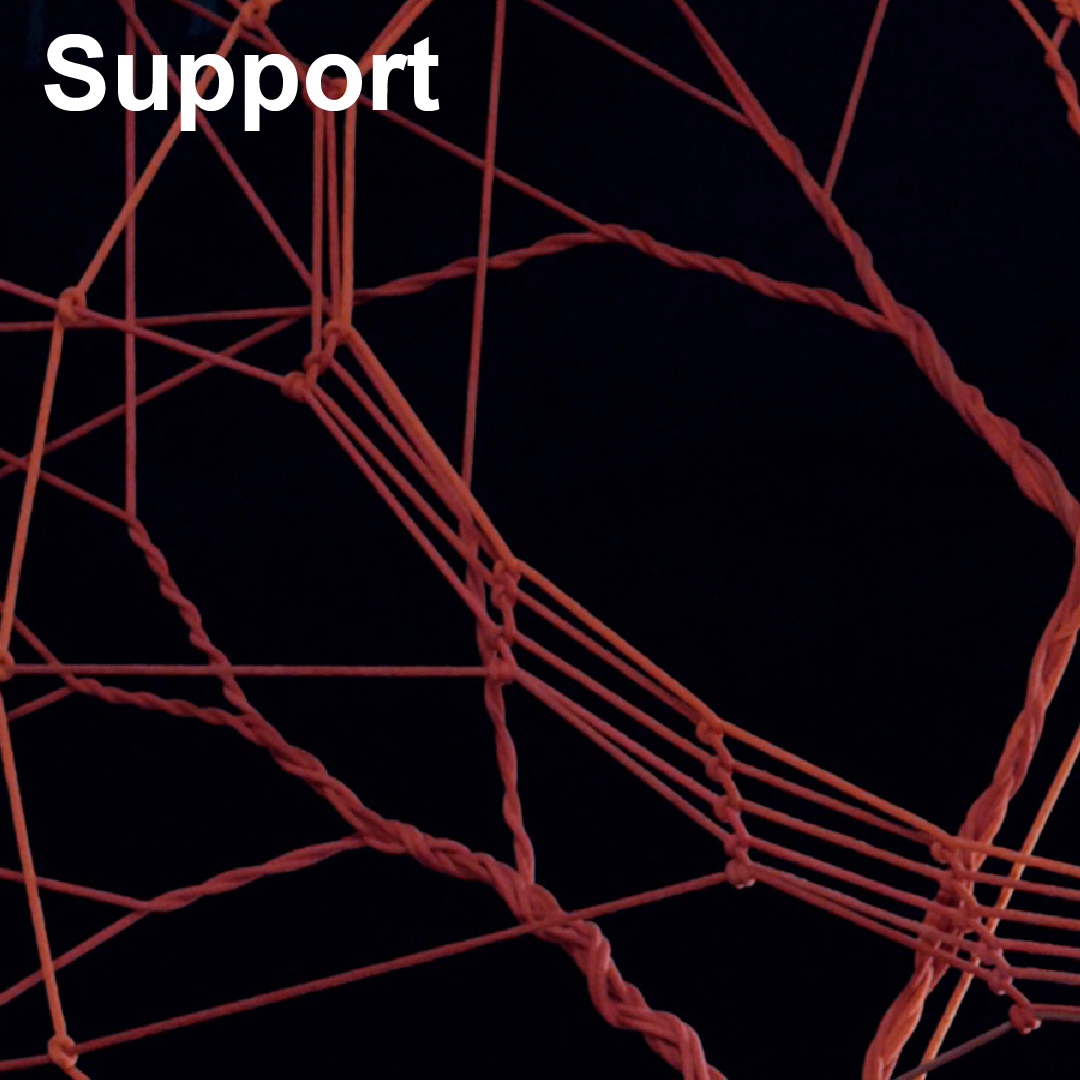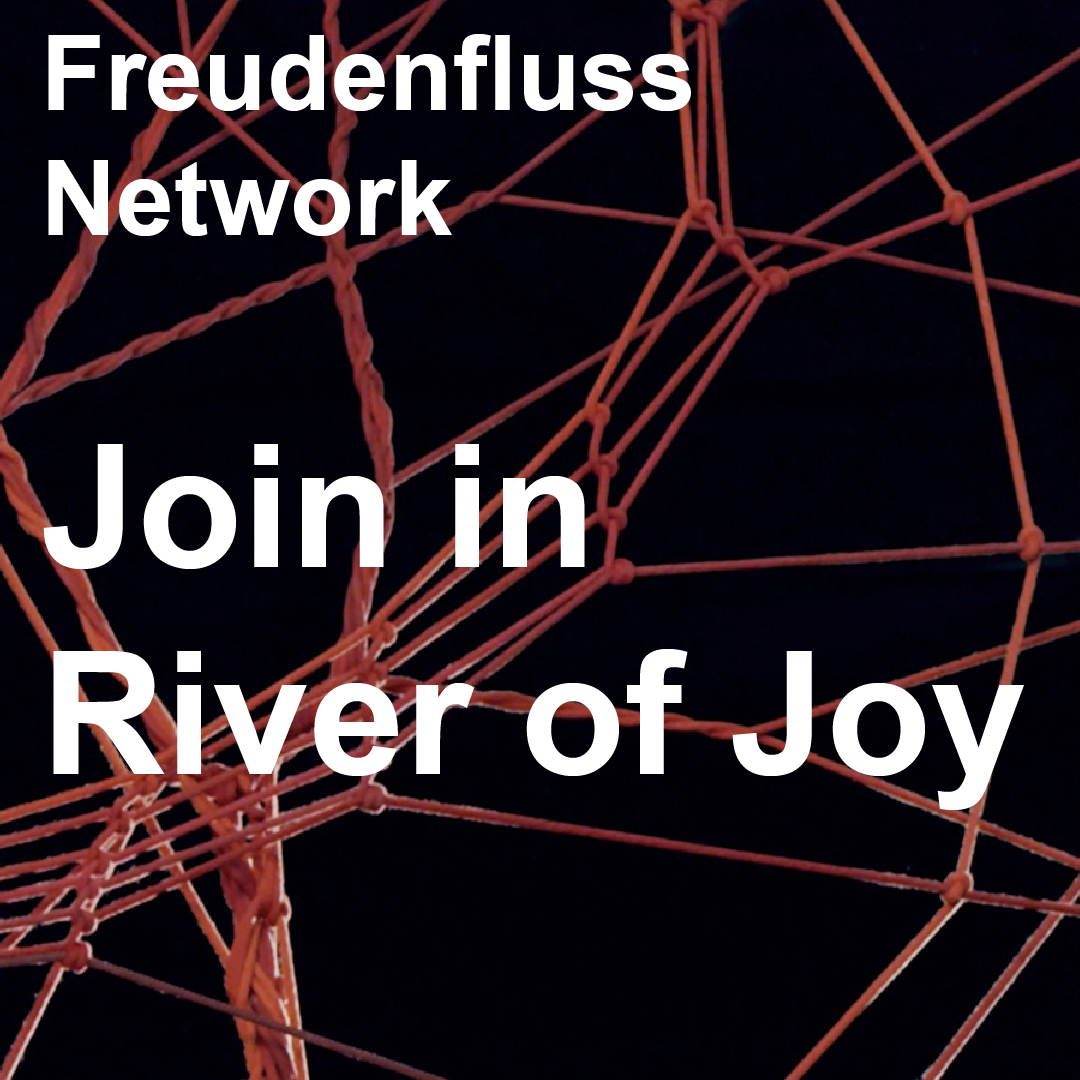Laudation for Shu Lea Cheang by Katharina Kummer
As a techno-human hybrid – a combination between organic and mechanical parts – the cyborg figure blurs established boundaries: between human/machine, between man/woman, between what’s physical/meta-physical. Her potential lies with her ambiguity, as an ironic, futuristic myth she breaks order-preserving dichotomies, and can subvert and replace prevailing discourses. Cyber-feminism pleads for an increased appreciation of the unnatural. It suggests that new information technologies can assist the process of making the constructedness of gender tangible and can therefore be used as a resource for change of current gender relations. Feminist science fiction authors are our story tellers – they explore what it could mean to be embodied in highly technological worlds…
The internet artist and film-maker Shu Lea Cheang created such a post-identitarian tale of the future in her science fiction porn film “I.K.U”. She sees herself as a cyber nomad and is one of the first activists in the field of new media art – she was for instance part of the cyber-feminist group “VNS Matrix”, who announced in an early 1990’s manifesto to sabotage Big Daddie’s main computer and to destroy the symbolic order from within, with a clitoris being a direct link to the matrix.
In her cyber-punk porn film “I.K.U.” and from her self-proclaimed “pussy perspective”, Shu Lea Cheang has created a world of fluid desires of cyborgs, queers and transsexuals. The beginning of the film is a reference to the ending of “Blade Runner”. The year is 2030. The cyborg Reiko can take on different shapes and has the function to collect sex data for the so-called Genom Corporation, which processes the data and markets it in form of orgasmic drugs. During one of her sex trips Reiko is infected with a virus by a replicant of a competing company, which causes her system to crash. The system crash becomes the starting point for her self-discovery. She learns – at first with the help of a friend – how to masturbate, heals herself through her own pleasure, and eventually manages to escape from the Genom Corporation.
The title “I.K.U” is a Japanese slang expression for “having an orgasm”. Literally translated however, iku means “to go” (not “to come”) and therefore the film ends with a utopia of a shared going and moving forward. Three different endings show protagonists of different, also ambivalent genders, who are escaping from their digital imprisonment and who, in their different relationship arrangements, set out on a journey on an open road. Techno-aesthetics give way to nature images and scenes of fluidity. The narration becomes fluid and so does the appearance and encounter of the genders – and so is the closing image, in the most literal sense of the word, fluid: cyborg bodies under water. And the last words on the screen: “To be continued”…


